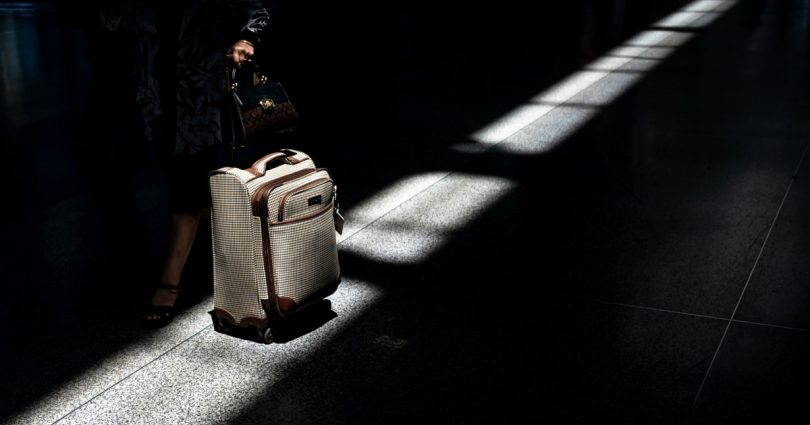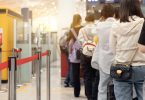The Associated Press reports that the State Department is starting a 12-month pilot program, under which applicants for business and tourist visas from certain countries “could be required to post bonds of $5,000, $10,000 or $15,000 when they apply for a visa.” It’s a terrible idea that could further accelerate the already sharp decline in tourism to the U.S.— and hurt an economy showing warning signs of a potential recession.
The signal is clear: the U.S. is making it less and less appealing for people to try to visit.
We don’t know yet which countries the pilot program would apply to but, according to the AP, they will be countries “deemed to have high overstay rates and deficient internal document security controls.” Countries on the visa waiver program list — most of which are European or rich — would be exempt.
The AP notes that bonds have been discussed before but “the State Department has traditionally discouraged the requirement because of the cumbersome process of posting and discharging a bond” due to “possible misperceptions by the public.”
Indeed. Even if one gets the money back upon departure, the bond amount is likely to be prohibitive for huge shares of the people who come from countries that tend to skew low-income. Rather than find a way to come up with the money, some will undoubtedly be discouraged and opt to travel elsewhere.
But the “possible misperceptions” part is key, as well. The mere news that this bond exists — even if only for a specific set of countries — could color broader global attitudes toward travel to the U.S.
The Republicans have already enacted a $250 “visa integrity fee” for travelers to the U.S. through the One Big Beautiful Bill Act, which is supposed to be reimbursable if one follows the rules of their visa, but it comes on top of regular visa fees. “For example, an H-1B worker already paying a $205 application fee may now expect to pay a total of $455 once this fee is in place,” Steven A. Brown, a partner at the immigration law firm Reddy Neumann Brown PC, wrote in a post on his firm’s website in July. Now, news of potentially having to put up thousands of dollars more will spread.
It’s easy to imagine tourists who have access to the money required to enter the U.S. — and may not even be subject to the new pilot program — growing wary of visiting because the accumulating layers of potential financial penalties sounds unappealing. It would also be reasonable for someone to wonder whether they may not get their money back in a timely manner — or at all — given the Trump administration’s reputation for administrative chaos. And that’s to say nothing of growing awareness of reports of tourists being detained and mistreated at borders.
It remains to be seen how extensive the pilot program will be. But the signal is clear: the U.S. is making it less and less appealing for people to try to visit. It’s a loss both for potential visitors and the U.S.










